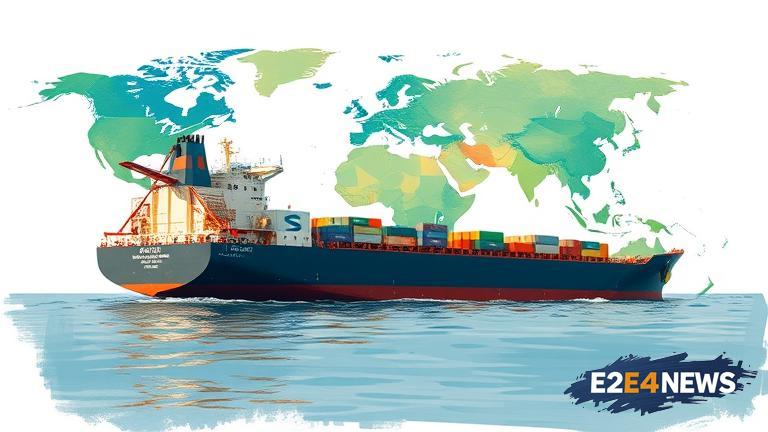The global bunker fuel market is facing significant challenges, particularly in the East of Suez region. The COVID-19 pandemic has led to supply chain disruptions, with lockdowns and social distancing measures affecting the production and distribution of bunker fuel. Additionally, the implementation of the International Maritime Organization’s (IMO) 2020 sulfur cap regulation has increased demand for low-sulfur fuels, putting pressure on refiners and suppliers. The shortage of low-sulfur fuels has resulted in price volatility, making it difficult for shipowners and operators to budget for fuel costs. Furthermore, the transition to cleaner fuels has also led to concerns about the availability of compatible fuels, with some ports and terminals struggling to provide the necessary infrastructure. The East of Suez region, which includes major bunkering hubs such as Singapore and Fujairah, is particularly affected by these challenges. The region’s reliance on imported fuels, combined with limited refining capacity, makes it vulnerable to supply chain disruptions. To address these challenges, the shipping industry is exploring alternative fuels, such as liquefied natural gas (LNG) and hydrogen. However, the development of these alternative fuels is still in its infancy, and significant investment is needed to scale up production and infrastructure. In the short term, shipowners and operators are having to adapt to the changing market conditions, with some opting to slow steam or take detours to avoid areas with limited fuel availability. The situation is being closely monitored by industry stakeholders, including the IMO, which is working to ensure a smooth transition to cleaner fuels. Despite the challenges, the long-term outlook for the bunker fuel market is positive, with the increasing demand for cleaner fuels driving innovation and investment in the sector. The development of new fuels and technologies, such as carbon capture and storage, is expected to play a key role in reducing the industry’s environmental impact. As the shipping industry continues to evolve, it is likely that the bunker fuel market will become more complex, with a greater range of fuels and technologies available. However, this complexity also brings opportunities for innovation and growth, and the industry is well-placed to adapt to the changing market conditions. In conclusion, the global bunker fuel market is facing significant challenges, but the long-term outlook is positive, with the industry poised for a transition to cleaner, more sustainable fuels.
